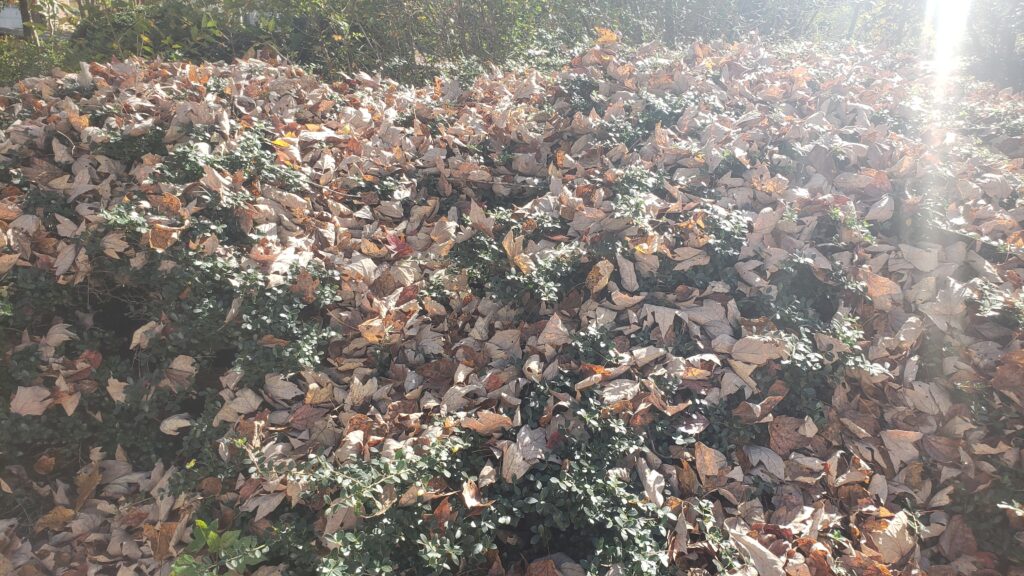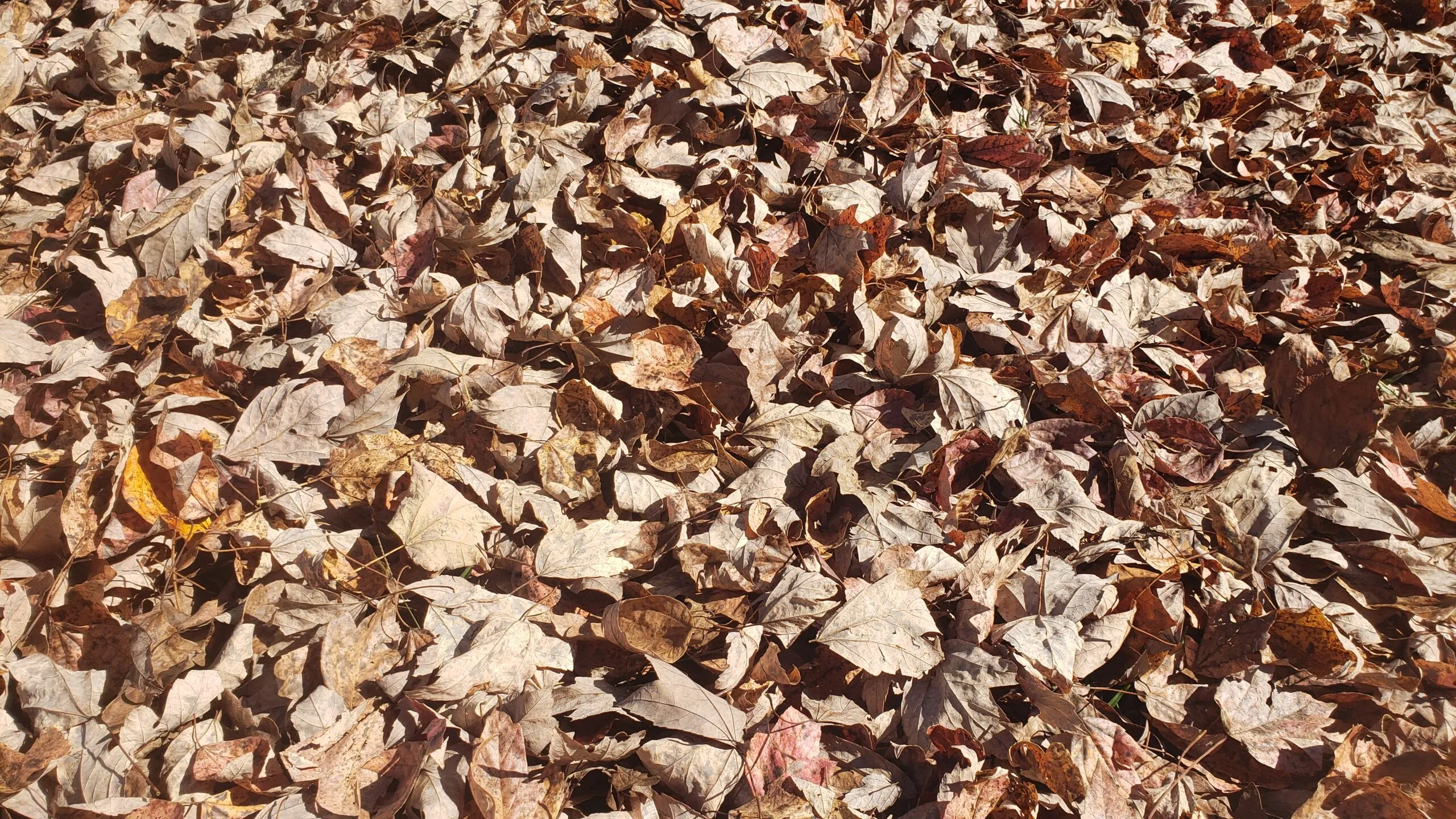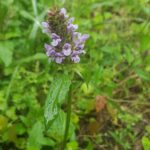The Science Behind Fallen Leaves

Organic Matter and Soil Microbiome: Organic matter, such as decomposed leaves, improves soil structure and water retention. Moreover, a healthy soil teems with microbial life, from bacteria and fungi to earthworms. Organic matter serves as food for these microorganisms, fostering a vibrant soil ecosystem that aids in nutrient breakdown and plant protection 1.
Impact on Crop Quality: The quality of crops, such as tobacco, is intricately linked to soil organic matter (SOM). A study examining the molecular composition of SOM found a direct correlation between the quality of tobacco leaves and the molecular composition of the soil’s organic matter. This underscores the importance of maintaining rich SOM for better crop yield and quality 2.
The Magic of Leaf Mold

Leaf mold, a product of decomposed fallen leaves, is a gardener’s treasure trove. Its benefits extend beyond just being an organic soil amendment. Let’s delve deeper into the science behind leaf mold and its multifaceted advantages:
Soil Quality and Crop Growth: Another research conducted in the Philippines investigated the impact of different growing media mixtures on the growth and productivity of kangkong and pechay. The study emphasized that growing media enriched with organic matter, like chicken manure and vermicast, can significantly improve soil quality, leading to enhanced growth and productivity of crops6.
Green Manures for Soil Fertility: Green manures, including decomposed leaves, have been used in traditional agriculture for millennia. They play a crucial role in improving soil fertility and ensuring a balanced nutrient supply. A review on green manures emphasized their importance in organic farming systems and highlighted their potential in reducing the environmental impact of farming7.
Practical Steps to Incorporate Fallen Leaves

Now that we understand the science behind the benefits of fallen leaves, let’s explore some practical steps to incorporate them into your garden:
- Collection: Begin by collecting fallen leaves during autumn. Avoid leaves from diseased plants or those showing signs of mold.
- Application: Once the leaves have decomposed into leaf mold (typically after a year or two), they can be added to garden beds, used as mulch, or incorporated into potting mixes.
Conclusion
Fallen leaves are nature’s gift to gardeners. By understanding the science behind their benefits and incorporating them wisely, we can ensure a thriving garden that is both productive and sustainable.
Citations
- Consequences of nitrogen mineralization dynamics for soil health restoration of degraded tea-growing soil using organic amendments
- Molecular composition of soil organic matter (SOM) regulate qualities of tobacco leaves
- Evaluation of integrated nutrient management on soil health, maize productivity and grain quality
- Consequences of nitrogen mineralization dynamics for soil health restoration of degraded tea-growing soil using organic amendments
- Molecular composition of soil organic matter (SOM) regulate qualities of tobacco leaves
- Evaluation of integrated nutrient management on soil health, maize productivity and grain quality
- Leaf mold compost reduces waste, improves soil and microbial properties, and increases tomato productivity







